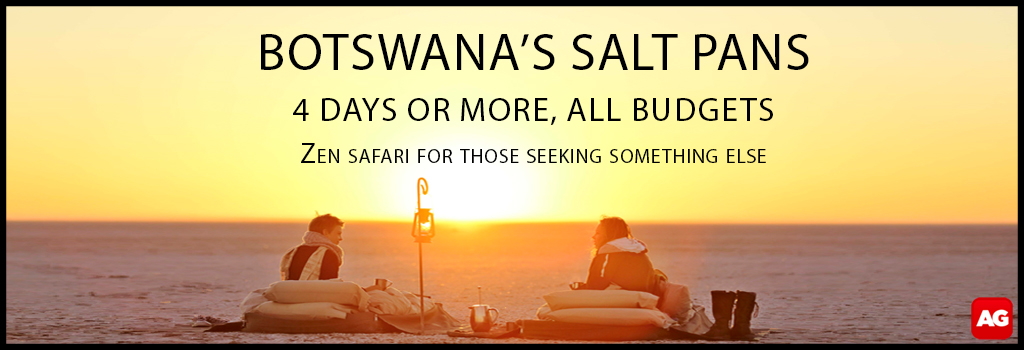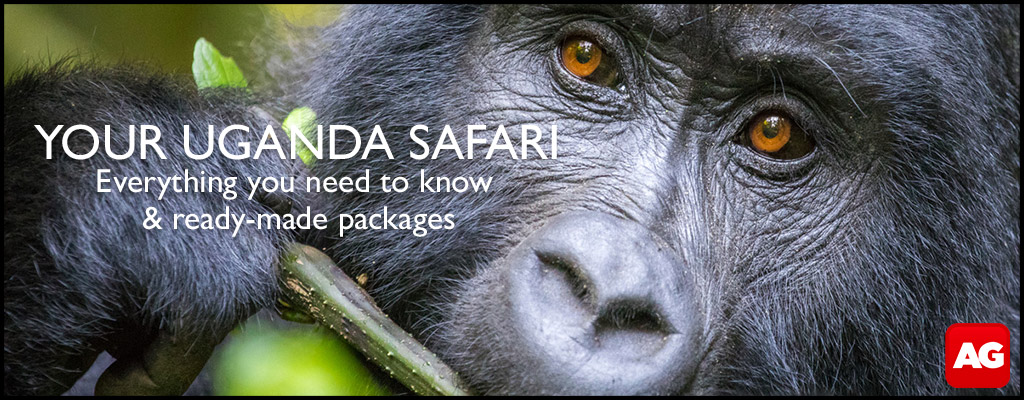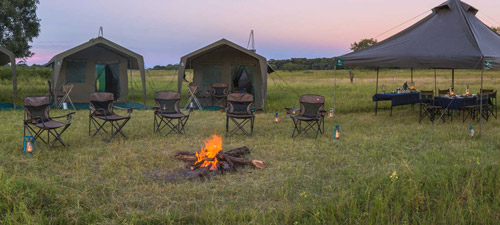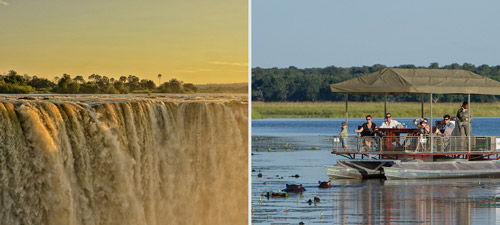African Parks is pleased to announce that it has agreed with the Government of Malawi to manage and operate Liwonde National Park and Nkhotakota Wildlife Reserve for 20 years. The agreement follows an application and evaluation process administered by the Public-Private Partnership Commission in which African Parks emerged as the preferred partner to manage the two protected areas.

Liwonde National Park, located in southern Malawi, is 548m² and consists of woodland, floodplains, grasslands, and lagoon. It supports the largest remaining population of elephants in the country as well as one of two populations of black rhino. Other mammal species include hippo, hyena, buffalo, warthog, several antelope species and more than 400 bird species. Lions were once commonplace, and the healthy populations of other large mammals will allow for the quick reintroduction of predators.
Nkhotakota Wildlife Reserve, located in the central region of Malawi, is 1,800 km², lying within the miombo woodland zone. It is a major catchment area for Lake Malawi. Although a depleted park, it still has remnant populations of elephant, warthog, baboon, and various antelope species, as well as 280 bird species. Well managed, it has the potential to become an important area for elephant conservation in Malawi. Black rhinos, lions, cheetahs and wild dogs once existed here but are now all locally extinct.
“We are excited about the mandate granted to us by the Ministry Of Information, Tourism and Culture and are encouraged about the potential of both projects,” said Peter Fearnhead, African Parks CEO. “We aim to restore the biodiversity in both Liwonde and Nkhotakota completely, enhance the tourism product and experience, reduce the extensive human-wildlife conflict, ensure the sustainable use of natural resources and contribute to the socio-economic development of local communities living around the two areas. This will be achieved through a US$18m investment in the two parks over five years, made possible by a few key partners of African Parks”.
African Parks is a non-profit organisation that takes on total responsibility for the rehabilitation and long-term management of national parks and protected areas in partnership with governments and local communities. With the addition of the Liwonde and Nkhotakota tour portfolio, they now manage three parks in Malawi, including Majete Wilderness Reserve.
 DID YOU KNOW that African Parks offers safari camps (lodges and campsites) where 100% of tourism revenue goes to conservation and local communities? Find out more and book your African Parks safari.
DID YOU KNOW that African Parks offers safari camps (lodges and campsites) where 100% of tourism revenue goes to conservation and local communities? Find out more and book your African Parks safari.
To comment on this story: Login (or sign up) to our app here - it's a troll-free safe place 🙂.![]()
HOW TO GET THE MOST OUT OF AFRICA GEOGRAPHIC:
- Travel with us. Travel in Africa is about knowing when and where to go, and with whom. A few weeks too early / late and a few kilometres off course and you could miss the greatest show on Earth. And wouldn’t that be a pity? Browse our ready-made packages or answer a few questions to start planning your dream safari.
- Subscribe to our FREE newsletter / download our FREE app to enjoy the following benefits.
- Plan your safaris in remote parks protected by African Parks via our sister company https://ukuri.travel/ - safari camps for responsible travellers






